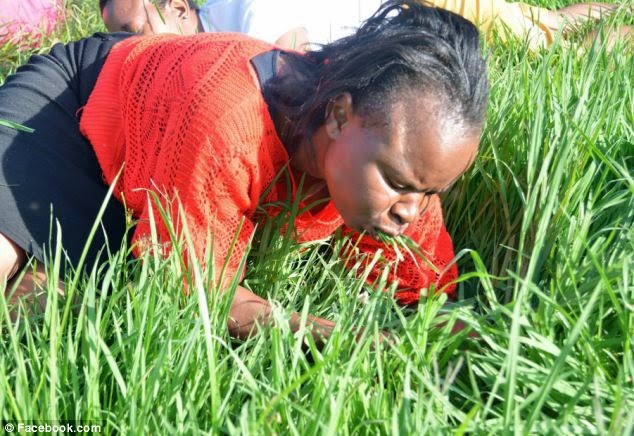Anyway. My dad and I went to the zoo last week and I checked out the tigers. They had a few cubs and they were pretty amazing! But I like the bears more, so we went to see them. The zoo keeper in charge of the bears told us that they were hibernating. I didn't know that bears could hibernate even when they're kept in zoos. But my dad said it's in their nature. I wanted the zoo keeper to tell me a little more about hibernation, but he was in quite a hurry. So I went online and did a little research...
It turns out that bears are not the only animals that hibernate. A lot of other animals do as well. During hibernation, animals do more than just sleep through the cold, though. I found out that they can lower their body temperature, slow their breathing and lower their heart rate. I think that's pretty cool! There are even some fish that go dormant when they need to, and there's one special type of bird called Common Poorwill that hibernates in California. A few lemurs, bats and mice do also hibernate. Check out this website for a more comprehensive list of hibernating animals.
When bears hibernate, they still consume about 4,000 calories per day. This is quite a lot, considering that humans only need 2,000. But it's nothing for a grown bear - they can eat up to 20,000 calories when they're preparing for hibernation. Bears usually hibernate from 5 to 7 months a year, depending on where in the world they live and how much food there is. Once they're in their hibernating state, they only need to breathe every 45 seconds or so. Their heart rate can lower to as low as 8 beats per second, and they can reduce their normal blood flow to 45%!
 Polar bears only hibernate when they're giving birth. They dig a whole in the snow, disappear for three months and live off their fat reserves. The problem is that the more they lose their natural environment because of climate change, the less they can eat and build up fat for giving birth. The result is less and less polar bear cubs! I thought that was quite depressing ... It's "Raise your Paw for Polar Bears" for Greenpeace this week, so maybe we can all help via #raiseyourpaw.
Polar bears only hibernate when they're giving birth. They dig a whole in the snow, disappear for three months and live off their fat reserves. The problem is that the more they lose their natural environment because of climate change, the less they can eat and build up fat for giving birth. The result is less and less polar bear cubs! I thought that was quite depressing ... It's "Raise your Paw for Polar Bears" for Greenpeace this week, so maybe we can all help via #raiseyourpaw.I also found out that bears in captivity normally don't hibernate. Our zoo has a huge outdoor enclosure for its bears, so maybe that's why they still do sleep for quite some time. Or it's because the zoo wants them to keep up their normal and instinctive behaviour. I'll have to ask the zoo keeper next time we're there...
I took the sleeping King Julian image from the Madagascar Wiki. The picture about the divorce came from a lawyer's website. The awesome sleeping bear came from the Times' website. The cute polar bear cub is from firstpeople.us/.








